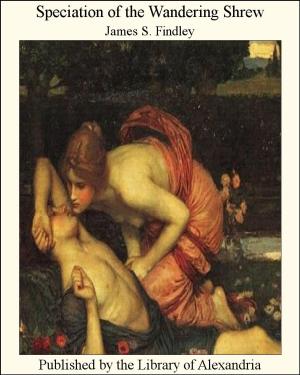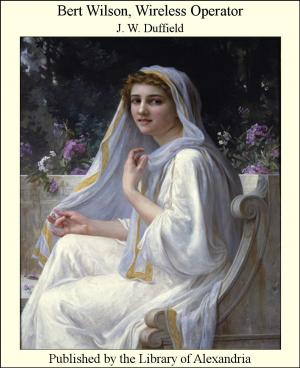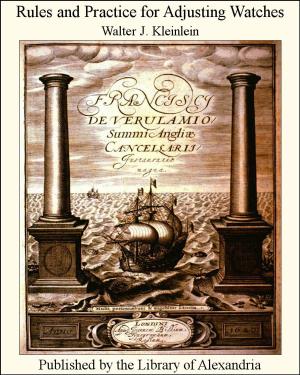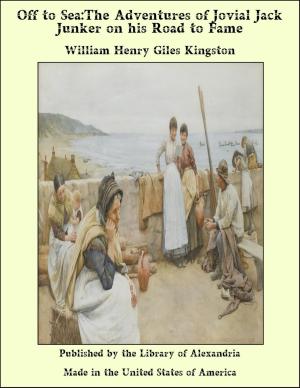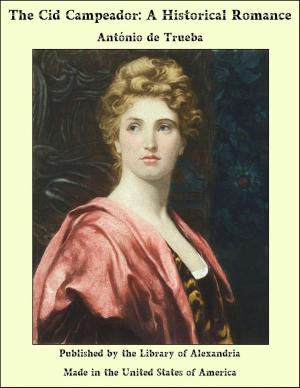The Winning of Popular Government: A Chronicle of the Union of 1841
Nonfiction, Religion & Spirituality, New Age, History, Fiction & Literature| Author: | Archibald MacMechan | ISBN: | 9781465582003 |
| Publisher: | Library of Alexandria | Publication: | March 8, 2015 |
| Imprint: | Language: | English |
| Author: | Archibald MacMechan |
| ISBN: | 9781465582003 |
| Publisher: | Library of Alexandria |
| Publication: | March 8, 2015 |
| Imprint: | |
| Language: | English |
The curious sightseer in modern Toronto, conducted through the well-kept, endless avenues of handsome dwellings which are that city's pride, might be surprised to learn that at the northern end of the street which cuts the city in two halves, east and west, bands of armed Canadians met in battle less than a century ago. If he continued his travels to Montreal, he might be told, at a certain point, 'Here stood the Parliament Buildings, when our city was the capital of the country; and here a governor-general of Canada was mobbed, pelted with rotten eggs and stones, and narrowly escaped with his life.' And if the intelligent traveller asked the reason for such scenes, where now all is peace, the answer might be given in one word—Politics. To the young, politics seems rather a stupid sort of game played by the bald and obese middle-aged, for very high stakes, and governed by no rules that any player is bound to respect. Between the rival teams no difference is observable, save that one enjoys the sweets of office and the mouth of the other is watering for them. But this is, of course, the hasty judgment of uncharitable youth. The struggle between political parties in Canada arose in the past from a difference in political principles. It was a difference that could be defined; it could be put into plain words. On the one side and the other the guiding ideas could be formulated; they could be defended and they could be attacked in logical debate. Sometimes it might pass the wit of man to explain the difference between the Ins and the Outs. Sometimes politics may be a game; but often it has been a battle. In support of their political principles the strongest passions of men have been aroused, and their deepest convictions of right and wrong. The things by which men live, their religious creeds, their pride of race, have been enlisted on the one side and the other. This is true of Canadian politics.
The curious sightseer in modern Toronto, conducted through the well-kept, endless avenues of handsome dwellings which are that city's pride, might be surprised to learn that at the northern end of the street which cuts the city in two halves, east and west, bands of armed Canadians met in battle less than a century ago. If he continued his travels to Montreal, he might be told, at a certain point, 'Here stood the Parliament Buildings, when our city was the capital of the country; and here a governor-general of Canada was mobbed, pelted with rotten eggs and stones, and narrowly escaped with his life.' And if the intelligent traveller asked the reason for such scenes, where now all is peace, the answer might be given in one word—Politics. To the young, politics seems rather a stupid sort of game played by the bald and obese middle-aged, for very high stakes, and governed by no rules that any player is bound to respect. Between the rival teams no difference is observable, save that one enjoys the sweets of office and the mouth of the other is watering for them. But this is, of course, the hasty judgment of uncharitable youth. The struggle between political parties in Canada arose in the past from a difference in political principles. It was a difference that could be defined; it could be put into plain words. On the one side and the other the guiding ideas could be formulated; they could be defended and they could be attacked in logical debate. Sometimes it might pass the wit of man to explain the difference between the Ins and the Outs. Sometimes politics may be a game; but often it has been a battle. In support of their political principles the strongest passions of men have been aroused, and their deepest convictions of right and wrong. The things by which men live, their religious creeds, their pride of race, have been enlisted on the one side and the other. This is true of Canadian politics.
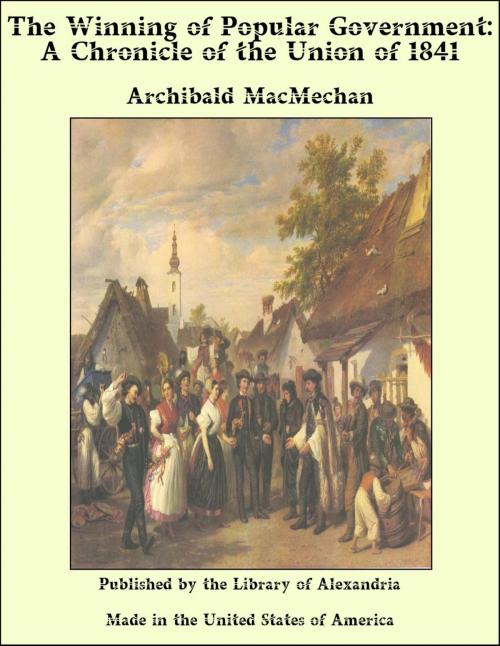
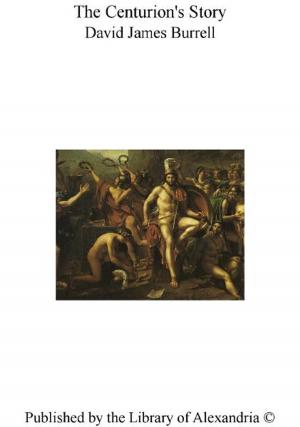
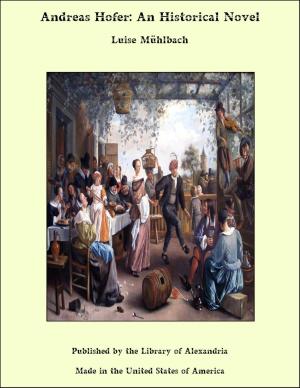
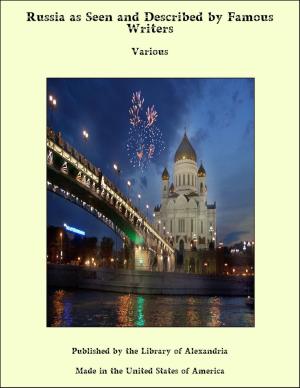
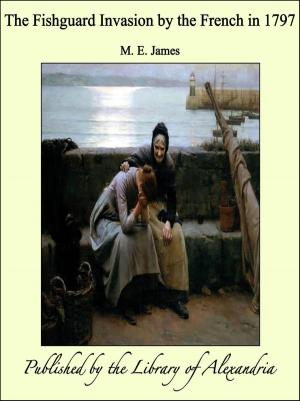
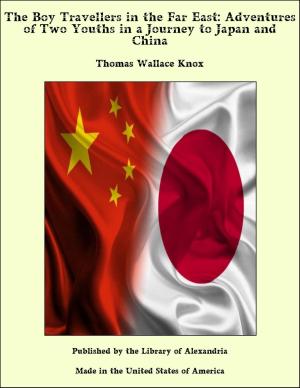

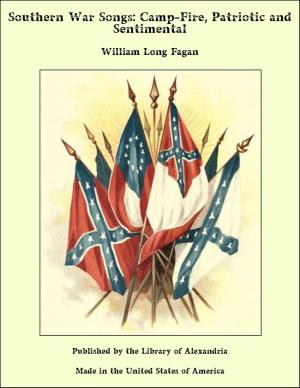
![Cover of the book The Soil [La terre] by Archibald MacMechan](https://www.kuoky.com/images/2015/march/300x300/9781465618849-QOtb_300x.jpg)

